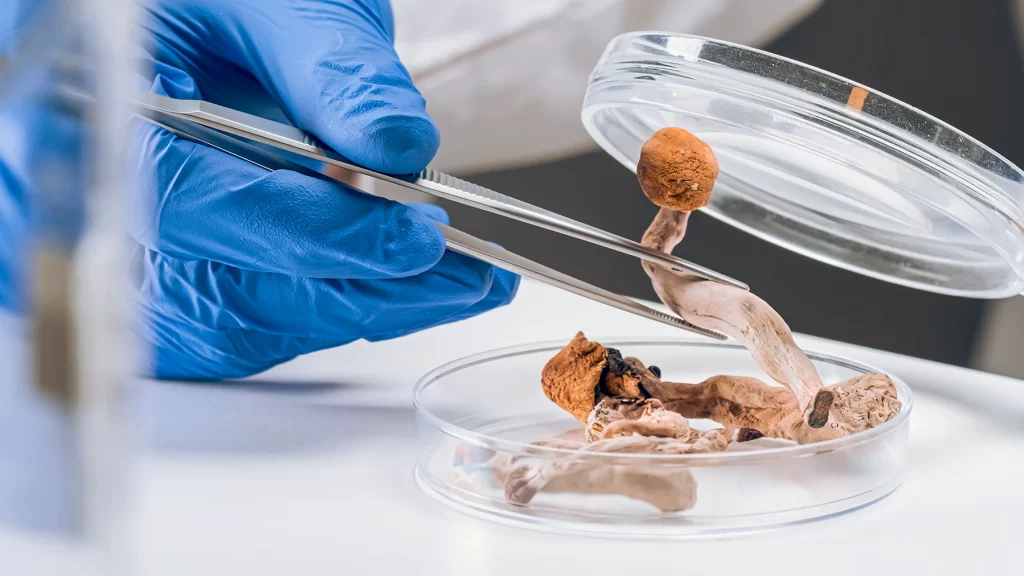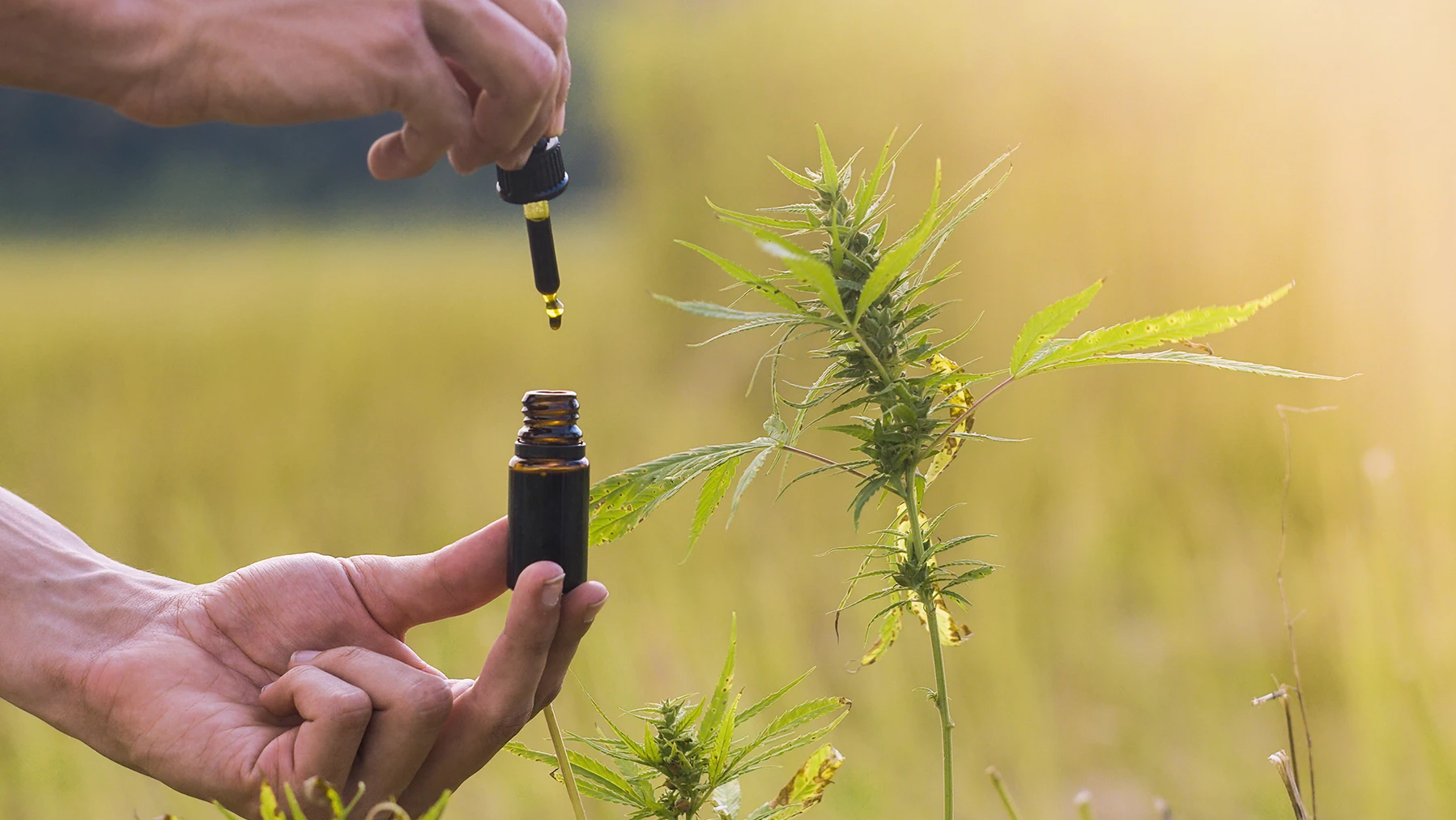Psychedelics were once relegated to the fringes of scientific research due to their association with the counterculture movement in the 1960s. Now they are experiencing a renaissance in the field of mental healthcare. Research has begun unveiling the therapeutic potential of these compounds treating a range of mental health conditions.

This blog explores the latest developments in psychedelic therapy, offering insights into how these substances are transforming mental healthcare.
The Rise of psychedelic therapy
Psychedelics, such as psilocybin (found in magic mushrooms), MDMA, and LSD, are known for their profound effects on perception, cognition, and mood. Historically used in religious and spiritual contexts, these substances are now being scientifically validated for their therapeutic benefits. The modern resurgence of interest in psychedelics can be traced back to their unique ability to promote neuroplasticity and facilitate deep psychological insights, which are crucial in treating various mental health disorders.
Treating depression with psychedelics
Depression is one of the most common and debilitating mental health conditions globally. Traditional treatments, including antidepressants and psychotherapy, are not always effective for all patients. This has led researchers to explore alternative therapies, including psychedelics.
Psilocybin, in particular, has shown promise in clinical trials. A study published in the New England Journal of Medicine found that psilocybin, administered in a controlled setting, was as effective as a leading antidepressant in reducing symptoms of depression . The psychedelic experience induced by psilocybin allows patients to break free from negative thought patterns and gain new perspectives on their lives, which can lead to lasting improvements in mood and well-being.
Alleviating anxiety with psychedelics
Anxiety disorders, including generalized anxiety disorder and social anxiety, can severely impact an individual’s quality of life. Recent research indicates that psychedelics can provide significant relief for those suffering from anxiety.
A study conducted at Johns Hopkins University found that a single dose of psilocybin significantly reduced anxiety and depression in patients with life-threatening cancer. The effects were not only immediate but sustained, with patients reporting reduced anxiety levels six months after treatment. This suggests that psychedelics can offer a profound shift in how individuals process fear and anxiety, contributing to long-term mental health improvements.
PTSD and psychedelics: A new hope
Post-traumatic stress disorder (PTSD) is a severe condition triggered by experiencing or witnessing traumatic events. Conventional treatments, such as cognitive-behavioral therapy and medication, often fall short in providing relief for many sufferers. This is where MDMA (commonly known as ecstasy) has shown promise.
The Multidisciplinary Association for Psychedelic Studies (MAPS) has been at the forefront of researching MDMA-assisted therapy for PTSD. In phase 3 clinical trials, MDMA-assisted therapy significantly reduced PTSD symptoms, with 67% of participants no longer meeting the criteria for PTSD after treatment.
MDMA helps patients revisit traumatic memories without the associated emotional distress, enabling them to process and integrate these experiences effectively.
Combating addiction with psychedelics
Addiction is a chronic and relapsing condition that poses significant challenges to healthcare providers. Psychedelics have emerged as a potential tool in breaking the cycle of addiction.
Ibogaine, a naturally occurring psychedelic substance, has been used to treat substance use disorders, particularly opioid addiction. Research indicates that ibogaine can reduce withdrawal symptoms and cravings, helping individuals achieve sustained sobriety.
A study in the Journal of Psychopharmacology reported that psilocybin-assisted therapy led to significant reductions in alcohol dependence, with participants maintaining reduced drinking levels for several months after treatment.
The science behind psychedelics and mental health
The therapeutic effects of psychedelics are believed to stem from their interaction with serotonin receptors[1] in the brain, particularly the 5-HT2A receptor. This interaction induces a state of heightened neuroplasticity, allowing the brain to rewire itself in response to new experiences and insights.
The mystical and transformative experiences often reported by patients under the influence of psychedelics can lead to profound changes in self-perception and worldviews, which are integral to the healing process.
The Future of Psychedelic Therapy
The growing body of evidence supporting the therapeutic benefits of psychedelics is prompting a paradigm shift in mental healthcare. Regulatory bodies like the Food and Drugs Administration (FDA) in the US have granted “breakthrough therapy” status to psilocybin and MDMA for their potential to treat depression and PTSD, respectively. This designation facilitates accelerated research and development, bringing these treatments closer to clinical practice[2] .
However, it is crucial to note that psychedelic therapy should be administered in controlled settings under professional supervision to ensure safety and efficacy. The integration of psychedelics into mainstream mental health care will require robust clinical guidelines, training programs for therapists, and comprehensive regulatory frameworks.
Interested in expanding your understanding of psychedelics? How Plantific can help
The resurgence of psychedelic research is opening new avenues for treating some of the most challenging mental health conditions. From alleviating depression and anxiety to providing relief for PTSD and aiding in addiction recovery, psychedelics are proving to be powerful tools in the therapeutic arsenal. As research continues to advance, psychedelics may soon become a cornerstone of mental healthcare, offering hope and healing to millions worldwide.
At Plantific our Introduction to the Science of Psychedelics course provides an overview on the history, science and ethics of psychedelics.
- Historical summary
- Substance overview
- Medical applications
- Clinical practice
- Research
- Ethics and bio-cultural sustainability
If you are interested in learning more about how Plantific can help you on your Psychedelic knowledge journey, explore the various courses we offer.


